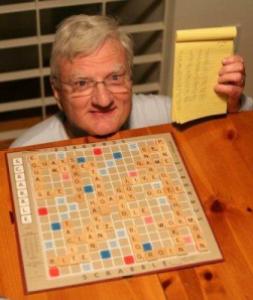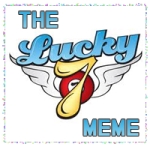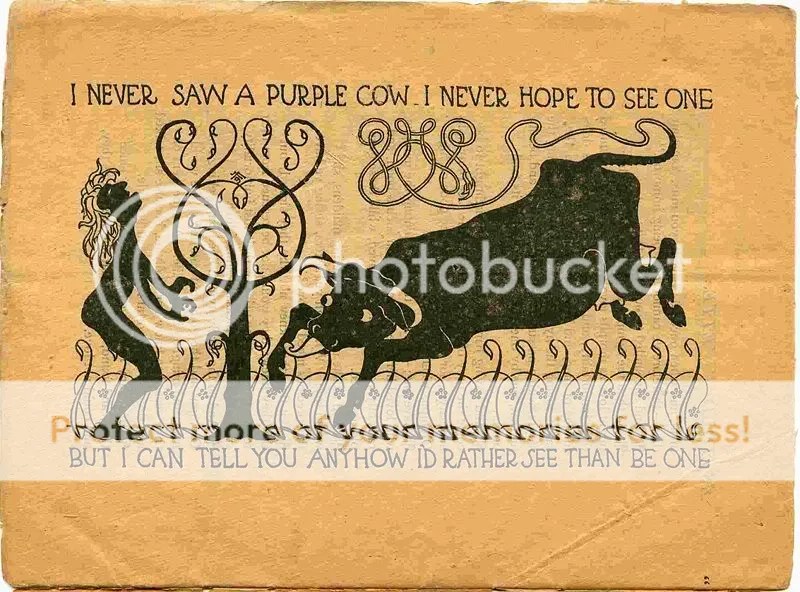Writer Branding Iron Symbols – What’s Yours?
Today I’m on the porch thinking on the idea of brand. 
Probably too long-winded, but then it’s a lovely spring day to sit and chat.
Being a Texan naturally the first image of a brand that pops into my head is a branding iron symbol on the side of a cow.

CREDIT for photo on right: Fleischhauer, Carl, photographer. “Branding Iron [35mm slide].” Date Recorded 79/10. Buckaroos in Paradise: Ranching Culture in Northern Nevada, 1945-1982, Library of Congress.
Cows are products like a writer’s novels are products. Cowboys use a different, very specific iron brand symbol for each owner.
Commercial product marketing teaches additional ways to brand products.
- NAME: Unique and distinguishable
- LOGO: The visual trademark that identifies the brand
- SHAPES: Think the old Coca-Cola bottle or the Volkswagen Beetle
- GRAPHICS: The dynamic ribbon is also a trademarked part of Coca-Cola’s brand.
- COLOR: Owens-Corning fiberglass insulation is the only brand that can be pink.
- SOUNDS: A unique tune or set of notes can “denote” a brand: NBC’s chimes are one of the most famous examples.
- MOVEMENT: Lamborghini has trademarked the upward motion of its car doors.
- SMELLS: I love the rose-jasmine-musk scent of Chanel No. 5.
- TASTE: KFC special recipe of 11 herbs and spices for fried chicken.
- TAGLINE or Catchphrase: “The Quicker Picker Upper” associated with Bounty; Verizon brand “Can you hear me now”
Writers and books are different animals than commercial products. Branding irons won’t work. But will any of the other product techniques work to establish our brand with readers?
Books as products lack common distinguishable trademarks unless you count genre. I’m not sure the average reader has any idea what we’re talking about when we say genre. They know the books they like or the author they like.
Plus in this crazy new publishing climate, genre lines have become as crooked as a roller coaster track and about as scary.
Take, James Scott Bell— #1 bestselling author of the writing book Plot & Structure, and thrillers like Deceived, Try Dying, Watch Your Back, One More Lie and many more—has a new series written as K. Bennett. A zombie legal thriller series, which begins with Pay Me in Flesh. Seriously. Paranormal elements combined with a legal thriller. How’s that for blending genres?
Stranger combinations are everywhere. So linking books by genres is not that clear cut anymore.
According to I’m Laura Stack, The Productivity Pro® “You have to become your own number one product. You must be uniquely you.”
While titles and covers can and do link series. Mostly a novel is a stand-alone work and readers connect by the author’s name.
The other commerical product methods aren’t so easily implemented by writers. Smells, tastes, movement, graphics and/or shapes of product marketing to attract readers to a novel seems a bit daunting. There are some very clever writers out there so I’m not giving up on someone coming up with an idea.
Yet.
As an author, I’ve used the spelling of my name as a brand. Every teacher, every college professor, every stranger who reads my nametag stumbles over the pronunciation. But they don’t forget the name or me.
For the full story on how I received the name, check my author website: Judythe Morgan.
Next I’ve used the color green color for my website and Twitter. With a bit of luck, green brings happy thoughts and Irish to mind.
My blog and my FB pages tie together with the front porch. Lots of greenery in those banners too.
Green=happy thoughts. Porch=down home storytelling.
That’s how I write, that’s what I write—stories about ordinary events in ordinary people’s lives that end happily. Emotional stories about journeys of the heart.
Not straight romance, not straight women’s fiction, not simple love stories. A combination of those genres. See Bell’s not the only one who can blend genres.
My taglines also help readers remember me. “Voices and Views from the Front Porch” tag on my blog allows for a variety of blog topics and lets the reader “know” me and my varied interests.
My website tagline of “Weaving Love Stories to Touch Your Heart” identifies the type of fiction I write.
Will these strategies work? I wish I knew.
In Kristen Lamb’s course, we learned that getting our names out there with samples of our writing builds our platform. But I have to admit advertising aka branding/author platform still baffles me.
When I had my antiques shop, I had a GREAT location-busy intersection in an active shopping center. My marketing plan was strong. I offered free cookies, lemonade and coffee to customers. A shop full of great merchandise, free cookies and coffee.The people came. Still…
 Most of my customers admitted they came because someone told them about the shop.
Most of my customers admitted they came because someone told them about the shop.
So I conclude, a business marketing plan and a writer platform/branding plan are pretty much the same.
Word of mouth
Reputation
Name recognition
Book Industry Study Group’s ongoing Consumer Attitudes Toward E-Book Reading survey in February confirmed my conclusion. “e-book buyers cite word-of-mouth as No. 2—just like their print book kin.” Read here.
People read a good book; they share the book with others. So a writer’s primary challenge is first to write the very best story they can and second to make readers recognize their name.
Branding is about communicating. Engaging readers.
I’ve shared what I do. Remember I am not a marketing major. My expertise is chatting on the porch, sharing my views. Don Block, founder of WeGrowMedia.com, is a qualified expert and he offers some other specific ways to maximize your branding here.
YOUR TURN: Are you branding yourself? How?








